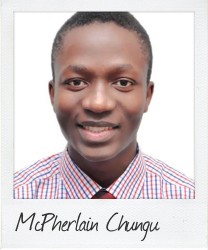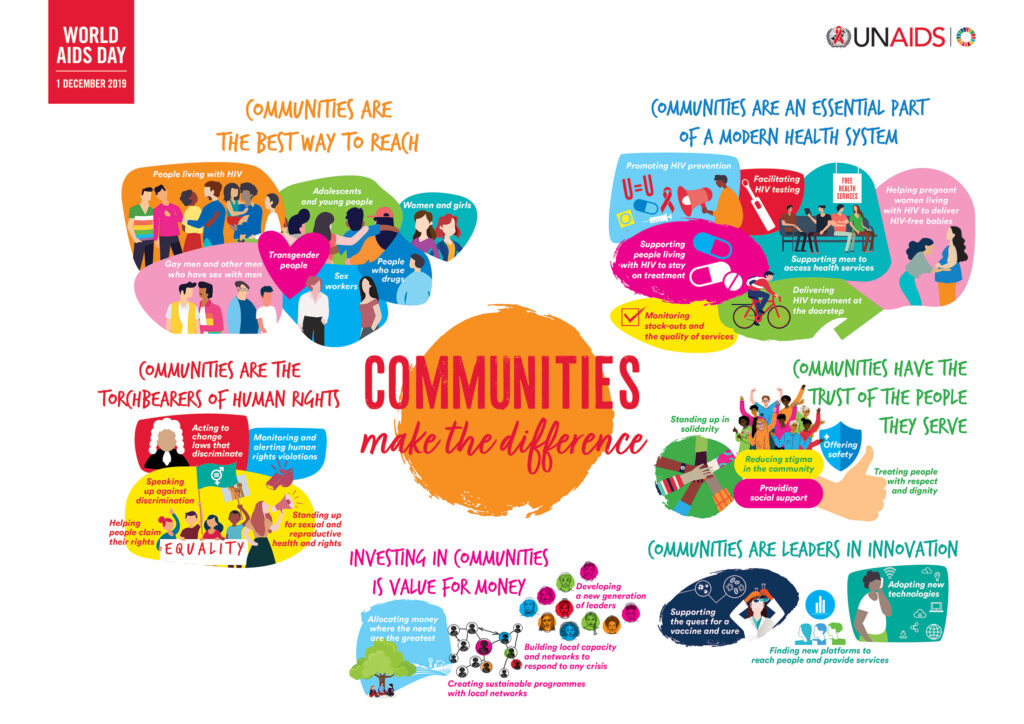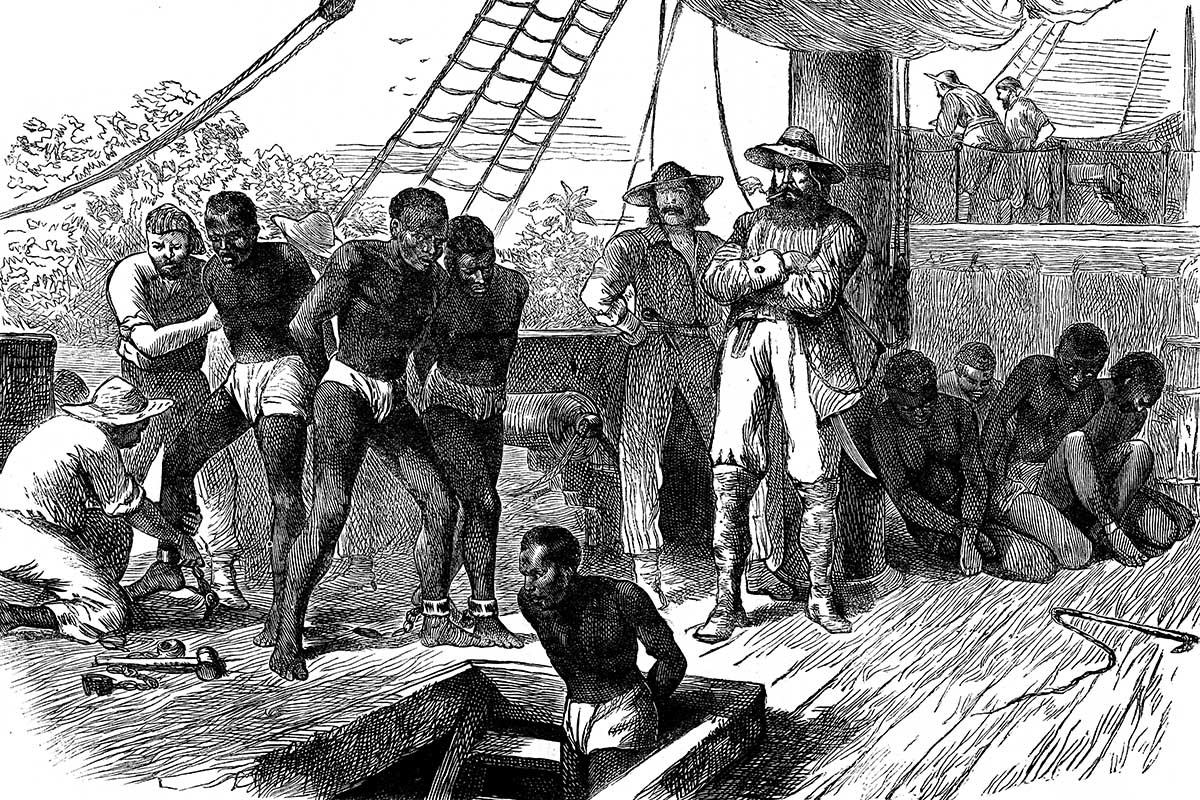The global HIV response, not a fairy tale
December 4th, 2019
Access to antiretroviral drugs may be increasing, but at least one vulnerable population is still excluded from health services in some communities and countries. McPherlain Chungu, 22, a Commonwealth Correspondent from Zambia has interviewed someone facing this reality.Chungu argues that we should not get carried away celebrating the good work of the past and lose sight of what still needs to be done to provide healthcare for all.
It has been five months since 22-year-old Victor ran out of his antiretroviral (ARV) medication. Without these life-saving drugs, HIV will multiply in Victor’s body, his health will decline and it is likely that he will eventually die from an HIV related illness.
Victor was diagnosed with HIV three years ago and took ARVs regularly until he moved to the capital city in his country. Since moving, discrimination and harassment have been blocking his access to healthcare.
“I was publicly scolded, called a sinner by a group of nurses and a counsellor while they laughed at me [at the local government clinic],” Victor said. “I have vowed to die rather than face such homophobia, humiliation and intimidation again.”
What’s Victor’s crime? Being gay and seeking medical attention in a homophobic country.
World AIDS Day 2019 was observed on December 1, under the theme “Communities make the difference.” We have been busy reminding ourselves how far we’ve come in the global response to HIV/AIDS but Victor believes we are still a long way from guaranteeing everyone infected with the virus access to healthcare. He is right.
According to UNAIDS, 37.9 million people globally were living with HIV in 2018, with a little over 61 per cent of them having access to antiretroviral therapy. That leaves 39 per cent of persons living with HIV without access to these drugs. That includes Victor, who understands fully that access to ARVs is more than the presence of these lifesaving drugs. It’s also about the presence of homophobia, intimidation and humiliation in our communities and countries.

Perhaps you’ve come across the phrase “How AIDS changed everything.” It’s often used to celebrate the global achievements of combatting HIV/AIDS. It draws attention to the positive unprecedented international and multi-sectoral cooperation which the HIV/AIDS pandemic has prompted. We must not, however, be blindsided by the celebrations, and lose sight of what is still to be achieved.
In 1978 at a global conference on primary health, the landmark Alma-Ata Declaration called for: “Urgent action by all governments, all health and development workers, and the world community to protect and promote the health of all the people of the world.” Yet, for people like Victor and many others living with HIV/AIDS, today, this promise of inclusion is yet to be fulfilled.
It was not fulfilled in the 1970s either when instead of taking radical action, the rampant spread of HIV among the LGBTQI+ population in major cities of the USA was instead greeted with the declaration that HIV was the “gay plague.”
People infected with the virus faced tremendous opposition and discrimination from the government, politicians, health insurance companies, and hospitals, among others. The level of access to preventive medicine and treatment which this vulnerable population needed, was not forthcoming.
It took years of sacrifice from the AIDS Coalition and other groups before there was a meaningful response to the AIDS crisis, ensuring early testing, detection, and treatment with lifesaving experimental antiretroviral drugs. It is important to note that those gains would not have been achieved without challenging public health policies rooted in homophobia and dogmas.
Today, men who have sex with men are still disproportionately impacted by HIV because the virus transmits easier through anal sex than through vaginal sex. However, with more than 77 countries around the world still criminalizing consensual same-sex sexual acts between adults, efforts to end AIDS remain futile as we continue to alienate key populations.
This year, World AIDS Day has been a celebration of how far we’ve come in the global response to HIV/AIDS. While there is a great deal to celebrate, this is not a fairy tale. This is also the time for our lamentation about where we could be today, but aren’t. It is time for us to renew our commitment to fulfilling the promise of healthcare for all.
We should remember key populations, like men who have sex with men and other members of the LGBTQI+ community around the world, men like Victor whose identity has been criminalised, relegating him to a sub-class of human existence, unable to demand his right to appropriate healthcare.
*The interviewee’s name has been changed to Victor to protect his identity
Photo Credit: UNAIDS
About McPherlain Chungu: I am curious, charismatic, ambitious and determined, with a keen interest in social and political issues, gender and identity politics in particular. Born and raised in Zambia, I pursued my undergraduate studies in Delhi. My dream is to make the world a place with the same standards for everyone and emphasis on mutual benefit – an ideal we must strive towards. I am a news blogger, movie and film fanatic and travel enthusiast. A practical idealist
—————————————————————————————————————-
Opinions expressed in this article are those of the author and do not necessarily represent the views of the Commonwealth Youth Programme. Articles are published in a spirit of dialogue, respect and understanding. If you disagree, why not submit a response?
To learn more about becoming a Commonwealth Correspondent please visit: http://www.yourcommonwealth.org/submit-articles/




